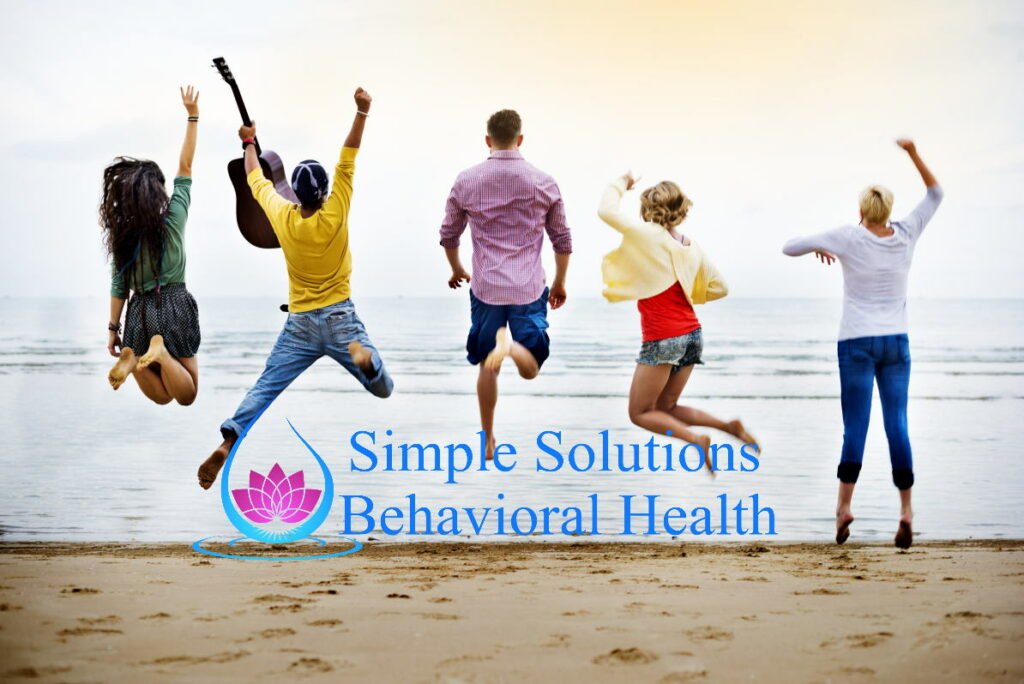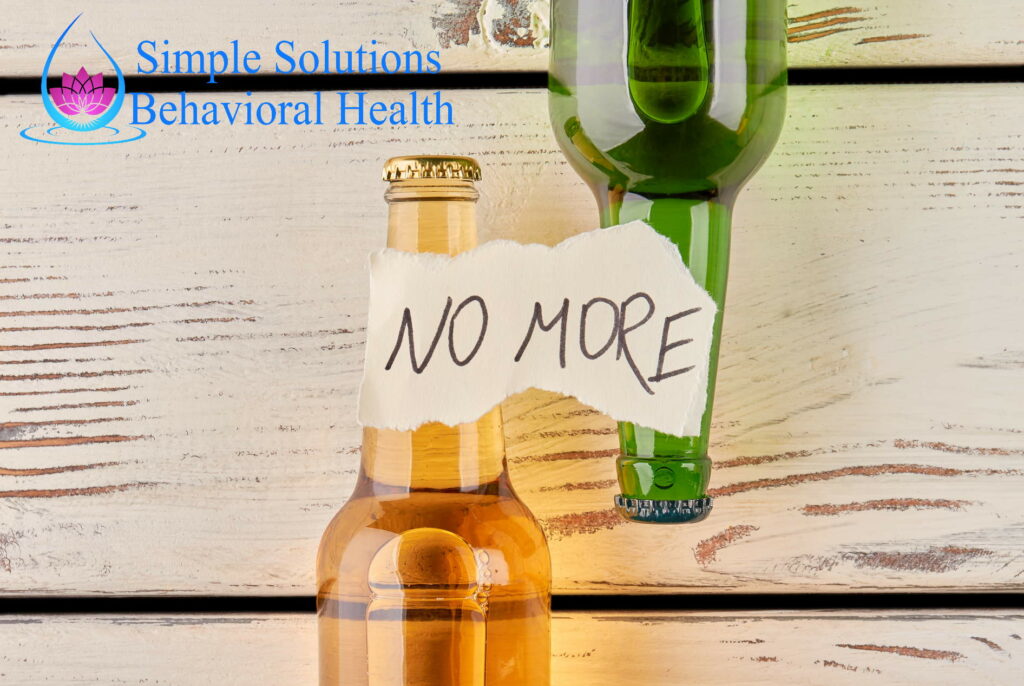The journey to recovery from addiction is a challenging but transformative process. As individuals progress through various stages of treatment, they often find themselves at a critical crossroads between intensive rehabilitation and independent living. This is where transitional living facilities can play an essential role in supporting long-term recovery and helping individuals rebuild their lives. These facilities provide a structured, supportive environment that bridges the gap between inpatient treatment and fully independent living, offering a blend of freedom and guidance that is essential for sustained sobriety.
What Are Transitional Living Facilities?
Transitional living facilities, also known as sober living group homes or halfway houses, are residential settings designed to support individuals in early recovery from substance abuse. These facilities serve as a stepping stone between the highly structured environment of inpatient rehabilitation and the challenges of independent living.
Key characteristics of transitional living centers include:
- A substance-free living environment
- Peer support from fellow residents in recovery
- Structured daily routines and responsibilities
- Access to ongoing counseling and therapy services
- Emphasis on developing life skills and healthy habits
Unlike inpatient rehab centers, these transitional living programs offer more independence and personal responsibility. Residents typically have the freedom to work, attend school, or engage in other activities outside the facility. However, they still benefit from a supportive community and professional guidance, which sets these facilities apart from fully independent living situations.
Key Services Provided by Transitional Living Facilities
Transitional living facilities offer a range of services designed to support residents in their recovery journey and prepare them for independent living. These services are tailored to address the different challenges faced by individuals in early recovery and promote long-term success.
Essential services typically include:
Ongoing Counseling and Therapy
- Individual therapy sessions addressing both addiction and any mental health issues
- Group counseling focused on relapse prevention
- Family therapy to repair and strengthen relationships
Peer Support and Community Living
- House meetings and community-building activities
- Peer-led support groups
- Shared experiences and mutual encouragement
Life Skills Training
- Financial management workshops
- Job search assistance and resume-building
- Time management and organizational skills development
Relapse Prevention Education
- Identifying and managing triggers
- Developing healthy coping mechanisms
- Creating a sustainable recovery plan
These services work together to provide a comprehensive support system that addresses the multifaceted needs of individuals in recovery, fostering personal growth and long-term sobriety.
Structure and Rules in Transitional Living Facilities
Sober Living Transitional Houses maintain a structured environment that promotes recovery while allowing residents to practice increased independence. This balance is achieved through a set of rules and expectations that create a safe, supportive atmosphere for all residents.
Common rules and structures include:
- Strict substance-free policy
- Regular drug testing
- Curfews and sign-out procedures
- Mandatory participation in house meetings and chores
- Required attendance at support group meetings
- Gradual increase in privileges based on progress and time in the program
These rules help maintain a recovery-focused environment while teaching residents valuable skills in accountability and responsibility.
The Role and Benefits of Transitional Living Facilities in Recovery
Transitional living facilities serve as a vital stepping stone in the addiction recovery journey, easing the transition from intensive treatment to independent living. This intermediate step offers numerous benefits that significantly enhance the chances of long-term sobriety and successful reintegration into society.
Key benefits include:
Reduced Risk of Relapse
- Continued support and accountability
- Immediate access to peer support during challenging times
- Structured environment to reinforce healthy habits
Gradual Reintegration into Society
- Opportunity to practice newly learned coping skills in real-world situations
- Structured transition to increased independence and responsibility
- Safe space to navigate daily life challenges without the pressure of full independence
Building a Strong Support Network
- Connections with peers who understand the recovery journey
- Development of healthy relationships based on shared experiences and goals
- Access to recovery-focused community events and activities
Reinforcement of Recovery Skills
- Ongoing practice of coping strategies learned in treatment
- Regular participation in support groups and therapy sessions
- Opportunities to mentor and support others in earlier stages of recovery
Empowering Recovery: The Simple Solutions Difference
At Simple Solutions Recovery, we provide a vital bridge between intensive treatment and independent living for those on the path to sobriety. Our transitional living facilities in Central Kentucky offer a unique blend of freedom and structure, supporting lasting rehabilitation.
What sets us apart:
- Comprehensive Care: State-of-the-art facilities, intensive outpatient therapy, and specialized recovery homes
- Trauma-informed Approach: Experienced counselors addressing complex recovery needs
- Diverse Expertise: Treating a wide range of substance and behavioral addictions
- Holistic Support: Integrating mental health services and life skills development
Our key services include intensive outpatient programs, relapse prevention, recovery education, and self-help mentoring. We believe no one in recovery should walk alone. Our supportive community is committed to empowering each resident on their journey to sustained sobriety.
Ready to take the next step? Contact us today to learn how we can support your recovery journey. Your path to a brighter future starts here.
Frequently Asked Questions
How do transitional living facilities differ from halfway houses?
While both support recovery, transitional living facilities typically offer more comprehensive services and a less institutional environment than traditional halfway houses. They often focus more on personal growth and life skills development.\
How do transitional living facilities help with job placement?
Many facilities offer job search assistance, resume writing workshops, and connections with recovery-friendly employers. Some may also have partnerships with local businesses or employment agencies.




